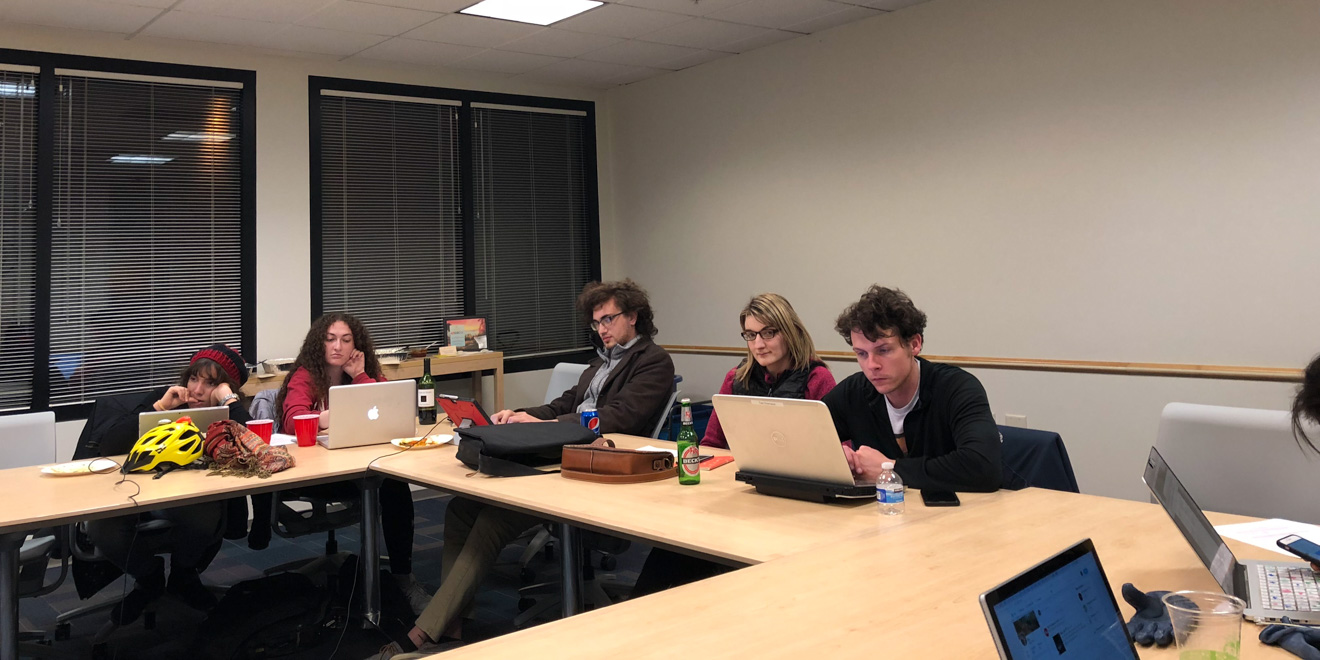In its Wednesday night meeting, the Graduate Student Council (GSC) unanimously passed a resolution that calls on Stanford to offer subsidies to graduate students with young dependents in an effort to make childcare more affordable.
“In the name of gender equity, in the name of making Stanford a better place to be for grad students, this is something that’s very important,” said Kari Barclay, Ph.D. candidate in theater and performance studies.
The resolution did not specify where money for the subsidies would come from, stating that monetary allocations would have to be negotiated with the administration first.
The resolution further stated that subsidy allocations would depend, in part, on the age of the children. Barclay said he would revise the resolution so that it would be clearer that the subsidies depend on this distinction.
The proposals in the resolution contain details similar to those in the system currently in place at UC Berkeley, which provides a subsidy of up to $11,000 a year to cover living expenses for graduate students with children, according to Barclay.
“It’s a good practice, and as the Stanford Parent Alliance is pushing for affordable childcare, and as a [member of] the Diversity and Advocacy Committee, that’s something we’re pushing for as well,” Barclay said.
Following a presentation by Stanford Disability Initiative co-chair and ASSU Executive Cabinet disability lead Zina Jawadi ’18, the GSC also unanimously approved a resolution that said the Council will support the annual offering of a course of disability studies, and that they will stand as active allies in the disability community. The Undergraduate Senate passed the same resolution in their meeting this week.
In addition, the GSC discussed concerns regarding the lack of effective student representation in University committees such as the Graduate Housing Advising Committee. Council members expressed their concern that some graduate students on University committees are not well-informed on issues and so may not be able to effectively advise on them.
“One of the problems that we’ve discussed is that…you get [students] on these committees that are fairly checked out, and don’t do their homework,” said Alejandro Schuler, a Ph.D. candidate in biomedical informatics. “Academic staff take advantage of them and use students as a source of anecdotes, not really as [people who] actually [have] something interesting to add to the conversation.”
Schuler proposed adding more informed student representatives to committees under the Nominations Commission, a body of undergraduate and graduate students that appoint students to University Committees. Specifically, he proposed the idea of adding Associated Students of Stanford University (ASSU) members as representatives. No action was taken on the proposal due to budget constraints on the part of the ASSU.
Additionally, the GSC deferred voting on the General Use Permit Resolution until it reconvenes next week.
Contact Karen Kurosawa at karen16 ‘at’ stanford.edu.
This article has been updated to include information on the resolution on disabled studies and the disability community.
